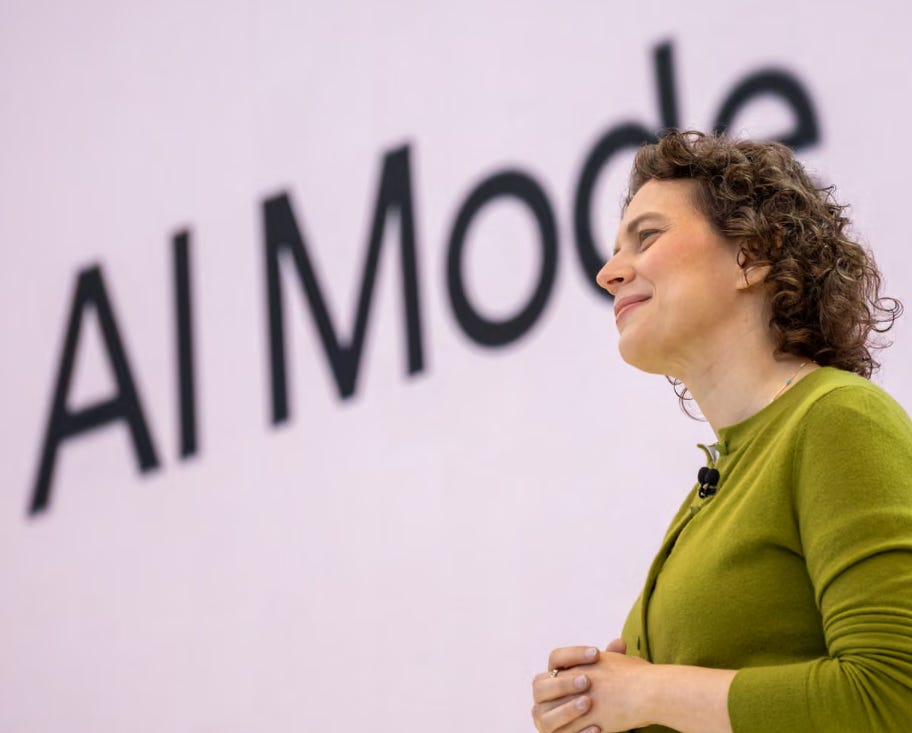When the chief executive of the Financial Times suggested at a media conference this summer that rival publishers might consider a “Nato for news” alliance to strengthen negotiations with artificial intelligence companies there was a ripple of chuckles from attendees.
Yet Jon Slade’s revelation that his website had seen a “pretty sudden and sustained” decline of 25% to 30% in traffic to its articles from readers arriving via internet search engines quickly made clear the serious nature of the threat the AI revolution poses.
Queries typed into sites such as Google, which accounts for more than 90% of the search market, have been central to online journalism since its inception, with news providers optimising headlines and content to ensure a top ranking and revenue-raising clicks.
But now Google’s AI Overviews, which sit at the top of the results page and summarise responses and often negate the need to follow links to content, as well as its recently launched AI Mode tab that answers queries in a chatbot format, have prompted fears of a “Google zero” future where traffic referrals dry up.
Read more | THE GUARDIAN

